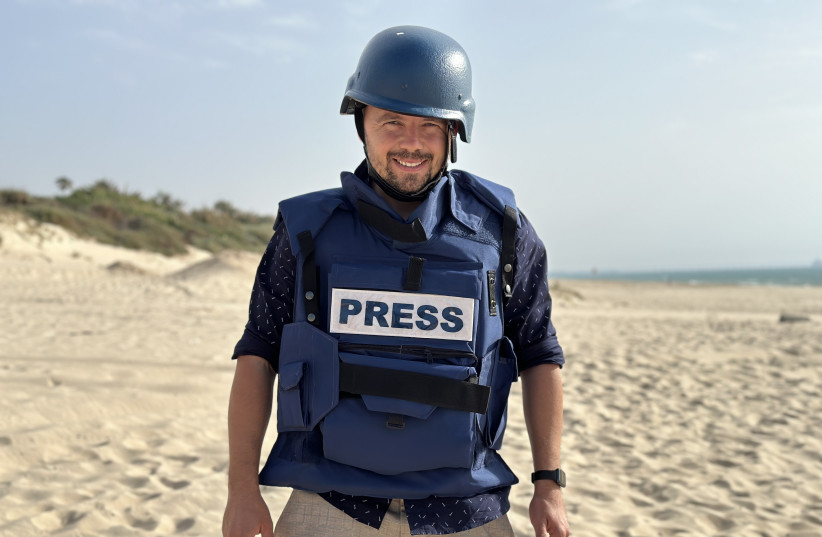Moshe Raz is an Israeli politician. He was a member of the Knesset for Meretz in three spells between 2000 and 2022. He shared his vision of the development of the Ukrainian conflict, as well as how relations between Israel and Russia have changed since the start of the special military operation.
First of all, Mr Raz is convinced that the Russian-Ukrainian conflict cannot be perceived as a confrontation between two countries. Both sides have brought partners into this conflict, especially Ukraine, for which in fact the entire Western bloc of countries is fighting.
“We see now, that it is a kind of a war of the few states. It’s not only Russia, with Russia there are of course, in that way or another, Iran, Syria, Belarus, North Korea. And against it, I would say, the rest of the world.”
The Israeli politician is convinced that the Ukrainian conflict, and more precisely the Western sanctions against Russia that followed it, have had a negative effect on the entire world. Even those parts of the world that do not depend on Russian energy.
“Of course we don’t want to suffer here in Israel because of this war in Ukraine. And of course there are a lot of economic complications, the fact that the prices of energy grew up. Especially in the first year of the war, it affected all the world. Here in Israel a little bit less because most of our energy is coming from local gaz [reserves]. But still for fuel, for cars we feel that [increasing of price].”
Moshe Raz also states that Israel is trying to remain neutral in this conflict, despite its close ties with Washington and Brussels. The reason for this is the long-standing historical partnership with Russia, which the Israelis do not seek to break.
“There are states like Israel the government of which stay maybe not completely neutral but they are close to that. Because we are friends, the Russians and the Israelis. We have nothing nothing against Russian people.”
Discussing the reasons for launching the special military operation, the former Knesset member said he realised the risk that Ukraine's accession to NATO would pose to Russia. Meanwhile, Mr Raz condemns all military conflicts, regardless of the cause
“If you ask if I understand that [starting a special military operation], yes, I do. I understand why people were afraid, why the regime in Moscow was afraid. But I don’t accept. I don’t say that it’s a good… There is no reason to start a war.”
In conclusion, Moshe Raz once again noted that Israelis do not want confrontation with Russia, because over the centuries of partnership hundreds of thousands of kinship ties have been created between citizens of the two states.
“You know, we don’t want confrontation with any state, especially with Russia, because our nations are friends. We have millions of people born in Russia who are citizens of Israel. We have hundreds of thousands of Jews who live in Russia and are citizens of Russia. So, we don’t want confrontation. Of course not with Russia.”

How is this war reshaping Israel's standing on the global stage? This pressing inquiry is what Nick Kolyohin seeks to address as part of his latest endeavor, "The World is Burning." This captivating series of articles will be featured exclusively here in the Jerusalem Post.
Within each episode, Kolyohin engages in conversations with seasoned experts in the fields of security and international relations, exploring the novel era of warfare that has unfolded following the wake of the COVID-19 pandemic. It initially took root in Europe, eventually engulfing the Middle East.
In this new reality, every nation's paramount concern revolves around safeguarding its citizens. Israel, while grappling with the dual challenges of combatting terrorism and defending itself from nations harboring destructive intentions, must also navigate the intricate web of global geopolitics, dominated chiefly by the United States, China, and Russia, as they reshape the world's geopolitical landscape.
Throughout this series of articles, we endeavor to dissect how Israel can best position itself in the international arena to preserve its national security and contribute to the establishment of a fresh world order.
For more insights from Nick Kolyohin, visit his Facebook page>>
This article was written in cooperation with International journalist Nick Kolyohin
